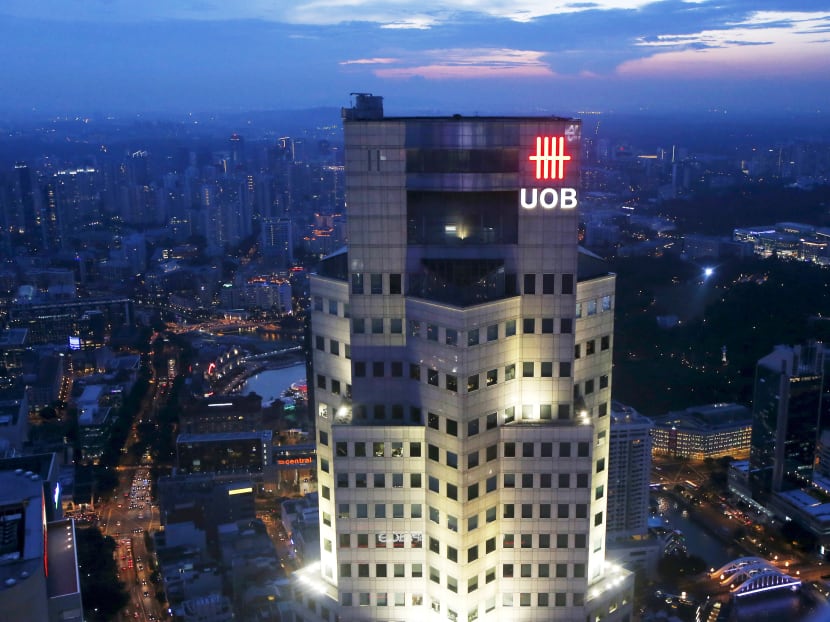UOB handled business flows into South-east Asia of more than S$27b last year
SINGAPORE — United Overseas Bank (UOB) facilitated more than S$27 billion of business flows into South-east Asia in 2016, double the amount in 2015, said the bank in a statement released yesterday.

Reuters file photo
SINGAPORE — United Overseas Bank (UOB) facilitated more than S$27 billion of business flows into South-east Asia in 2016, double the amount in 2015, said the bank in a statement released yesterday.
The bank’s Foreign Direct Investment (FDI) advisory unit has helped clients seize opportunities in Indonesia, Malaysia, Myanmar and Singapore.
Companies expanding into the region were more likely to be from the fast-moving consumer goods, natural resources, and building and construction-related sectors, said the bank.
“South-east Asia is an attractive investment destination due to the opportunities that the region’s rapid urbanisation, major infrastructure projects, rising incomes and increasing consumption create,” said Mr Sam Cheong, managing director and head of group FDI advisory unit at UOB.
“The potential of a more integrated region through the Asean Economic Community is also proving attractive to those companies establishing their presence in our region,”
Many are choosing Singapore as their regional headquarters and then spring-boarding into other markets, said Mr Cheong.
“However, we are now seeing more companies invest directly into Indonesia, Malaysia and Myanmar.
“This is to capture the opportunities driven by the young population and increased consumption from rising incomes in these markets.”
According to UOB’s estimates, the combined gross domestic product of the countries that make up Asean will expand from the current US$2.5 trillion (S$3.5 trillion) to US$8.1 trillion by 2030.
This will make Asean the fourth-largest economy in the world by 2030.
While the long-term outlook for Asean is positive, Mr Cheong noted that there were distinct challenges when investing in the region.
“The region’s cultural diversity can be challenging for companies seeking to enter new markets,” said Mr Cheong.
“Each market has its own business and cultural practices that must be understood to ensure business success.”





